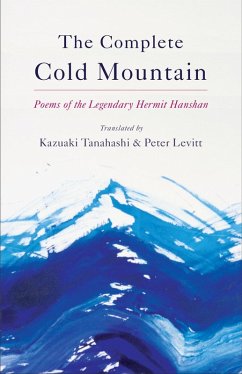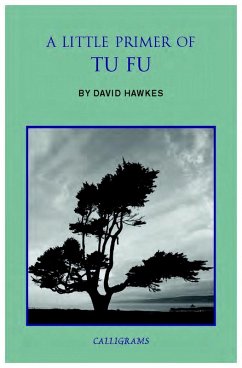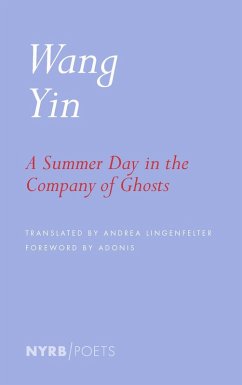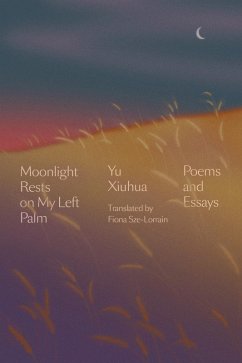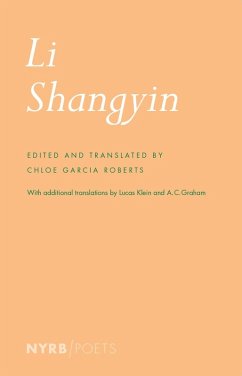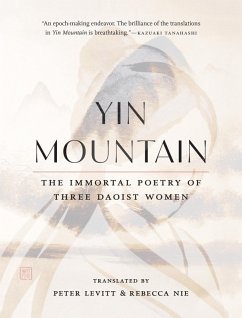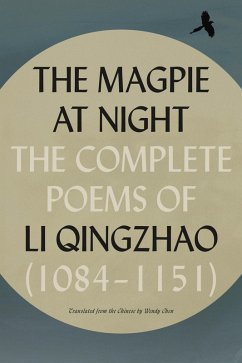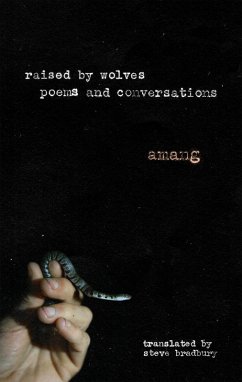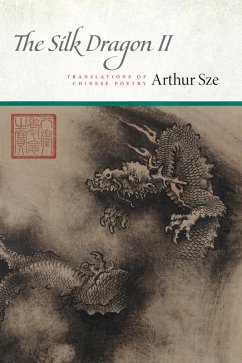
The Anchor Book of Chinese Poetry (eBook, ePUB)
From Ancient to Contemporary, The Full 3000-Year Tradition
Redaktion: Barnstone, Tony; Ping, Chou

PAYBACK Punkte
3 °P sammeln!
Unmatched in scope and literary quality, this landmark anthology spans three thousand years, bringing together more than six hundred poems by more than one hundred thirty poets, in translations-many new and exclusive to the book-by an array of distinguished translators. Here is the grand sweep of Chinese poetry, from the Book of Songs-ancient folk songs said to have been collected by Confucius himself-and Laozi's Dao De Jing to the vividly pictorial verse of Wang Wei, the romanticism of Li Po, the technical brilliance of Tu Fu, and all the way up to the twentieth-century poetry of Mao Zedong a...
Unmatched in scope and literary quality, this landmark anthology spans three thousand years, bringing together more than six hundred poems by more than one hundred thirty poets, in translations-many new and exclusive to the book-by an array of distinguished translators. Here is the grand sweep of Chinese poetry, from the Book of Songs-ancient folk songs said to have been collected by Confucius himself-and Laozi's Dao De Jing to the vividly pictorial verse of Wang Wei, the romanticism of Li Po, the technical brilliance of Tu Fu, and all the way up to the twentieth-century poetry of Mao Zedong and the post-Cultural Revolution verse of the Misty poets. Encompassing the spiritual, philosophical, political, mystical, and erotic strains that have emerged over millennia, this broadly representative selection also includes a preface on the art of translation, a general introduction to Chinese poetic form, biographical headnotes for each of the poets, and concise essays on the dynasties that structure the book. The Anchor Book of Chinese Poetry captures with impressive range and depth the essence of China's illustrious poetic tradition.
Dieser Download kann aus rechtlichen Gründen nur mit Rechnungsadresse in A, B, BG, CY, CZ, D, DK, EW, E, FIN, F, GR, HR, H, IRL, I, LT, L, LR, M, NL, PL, P, R, S, SLO, SK ausgeliefert werden.




